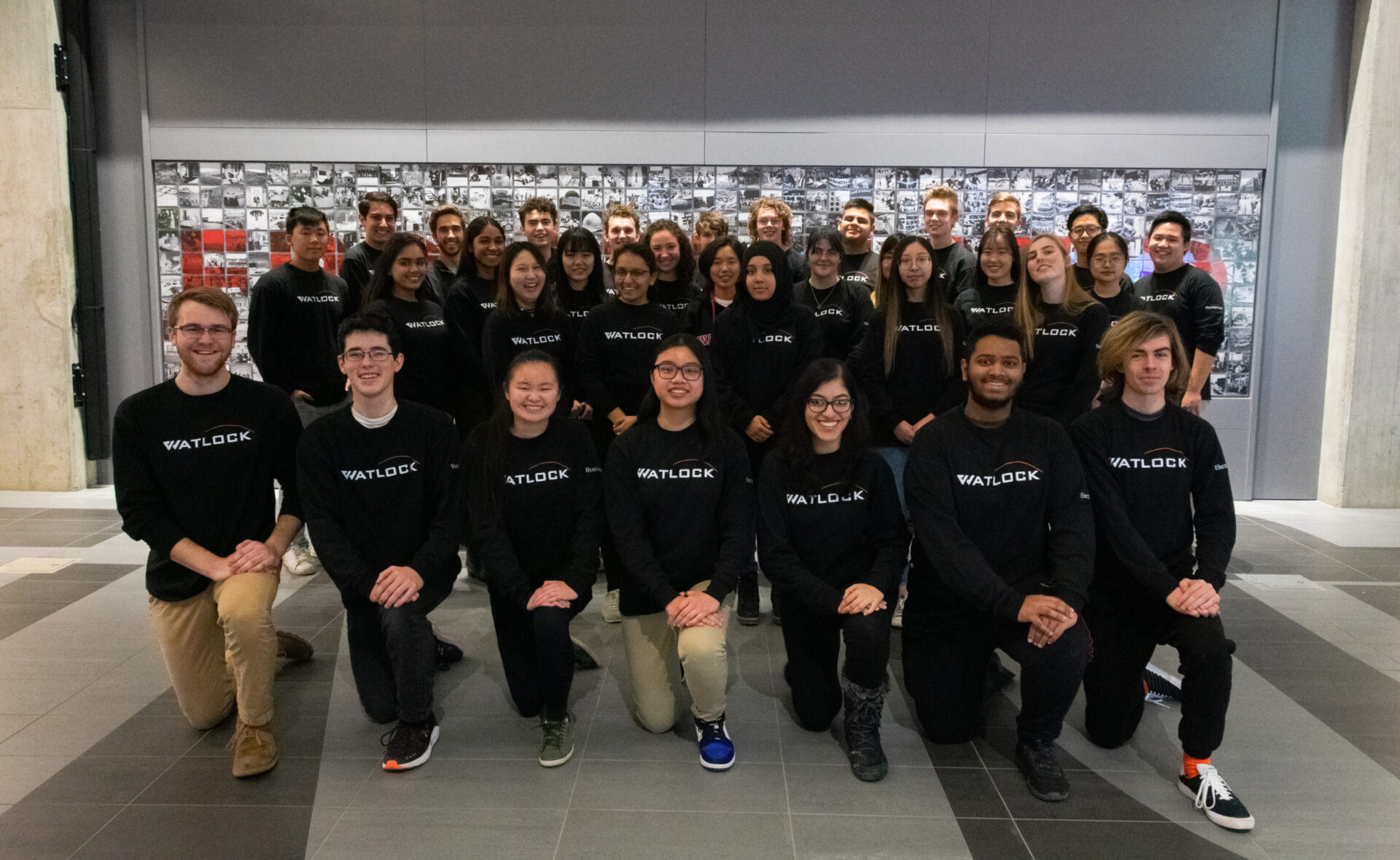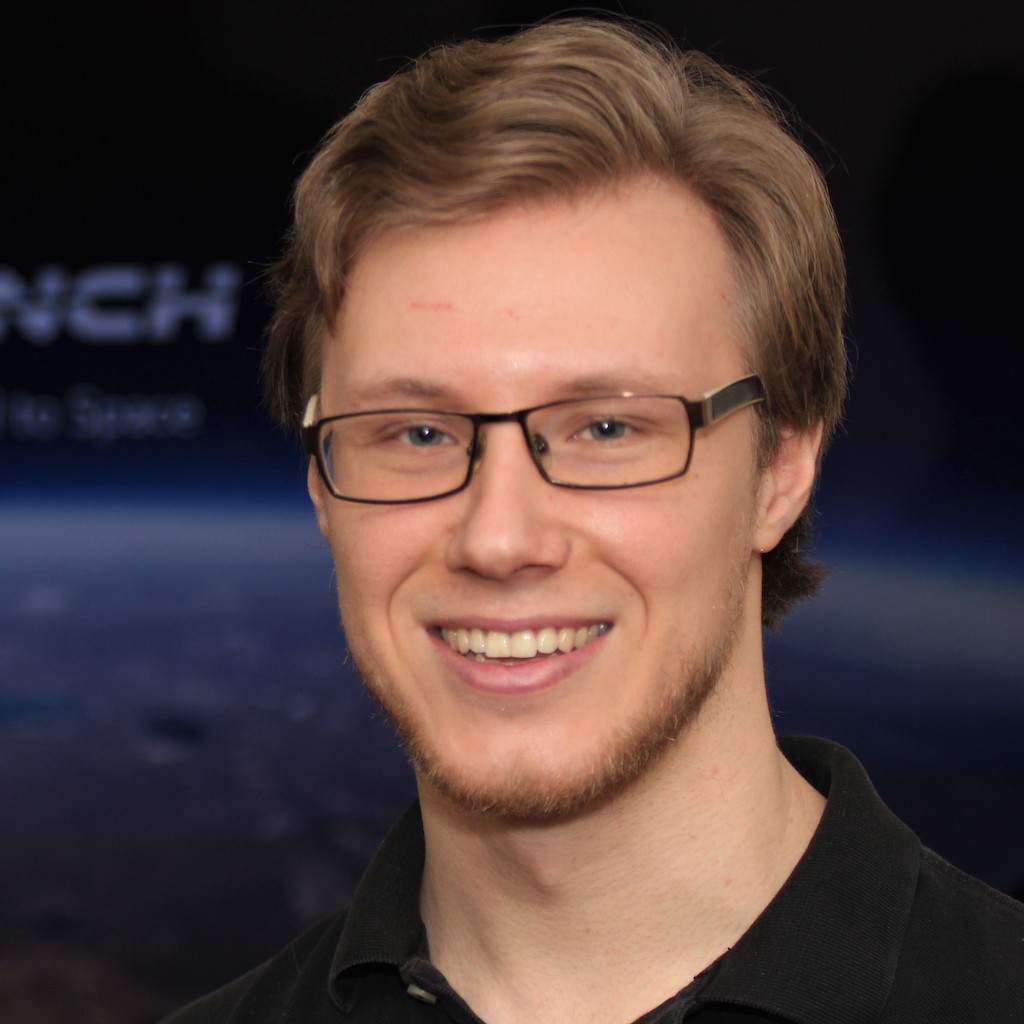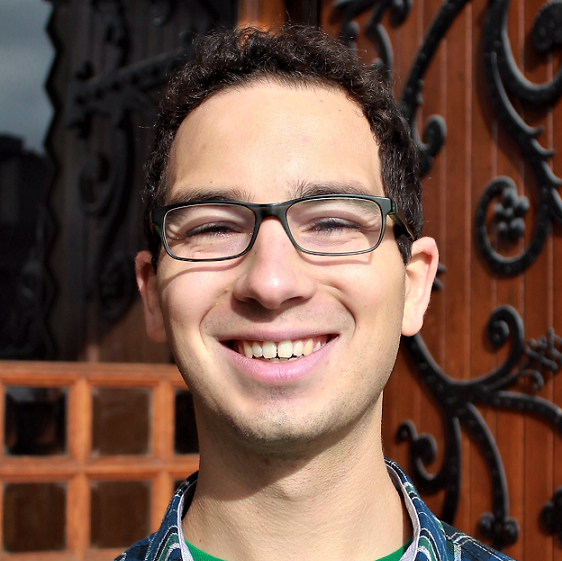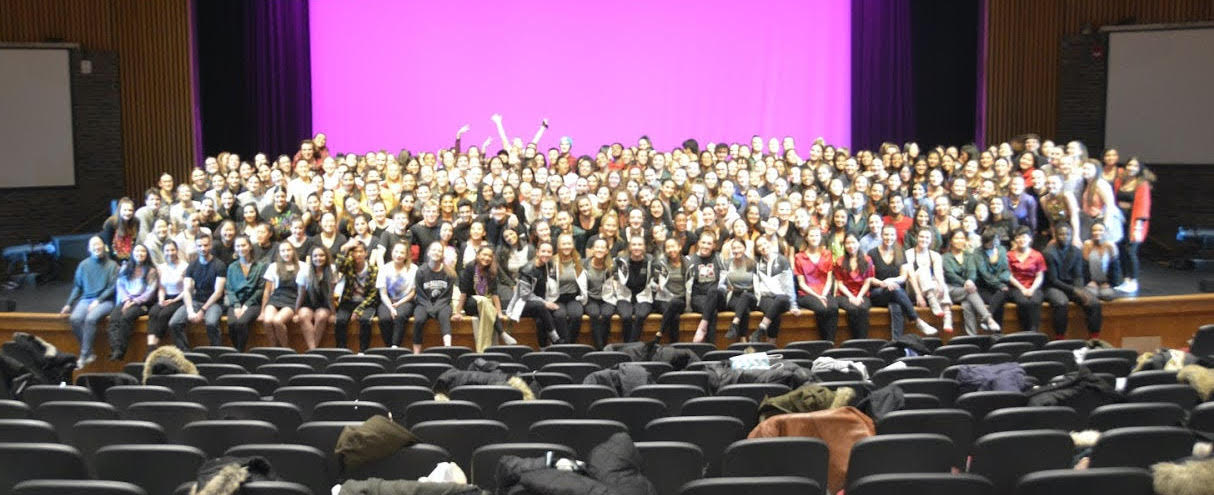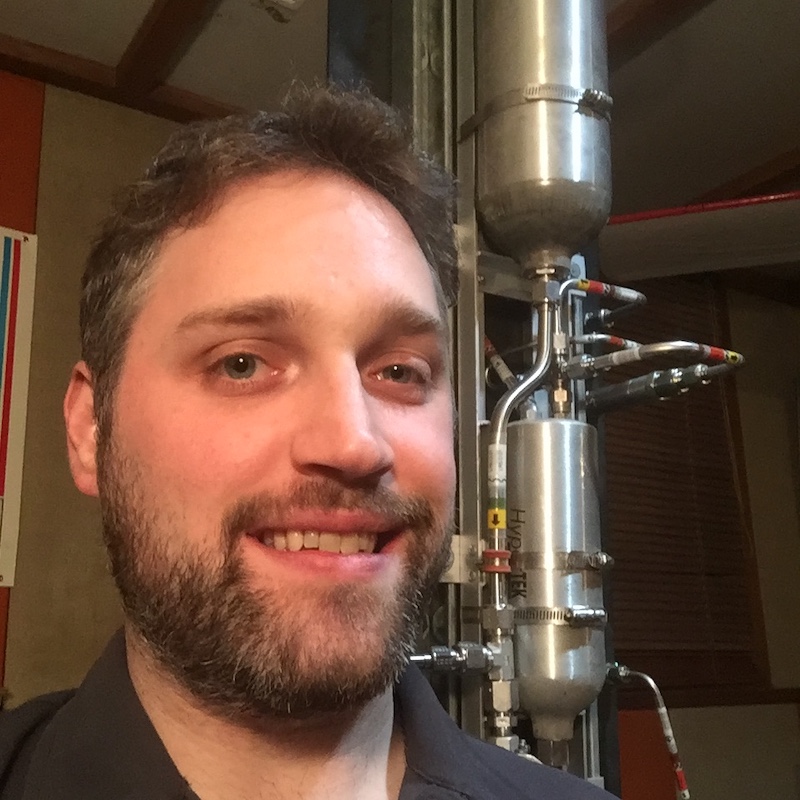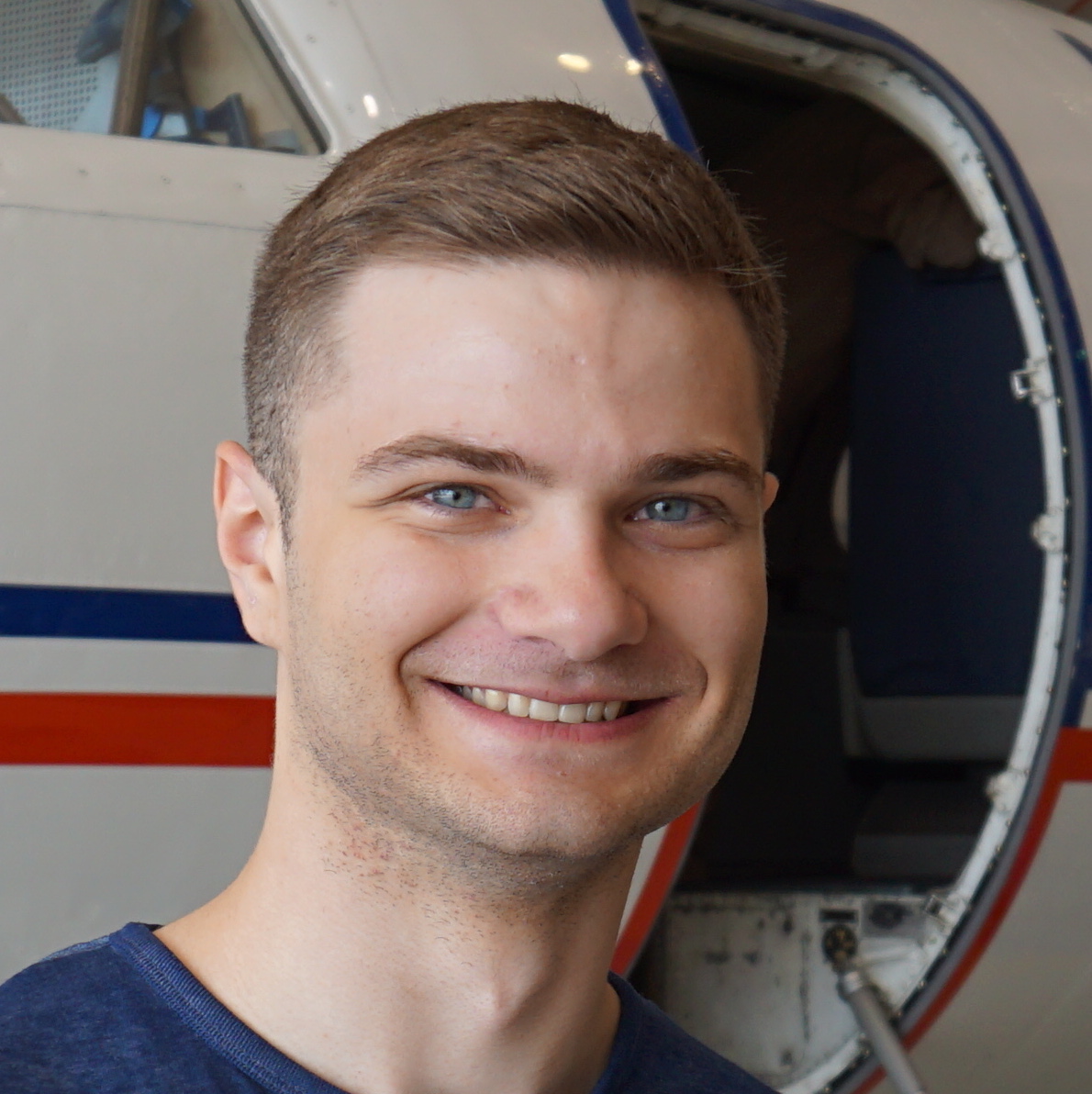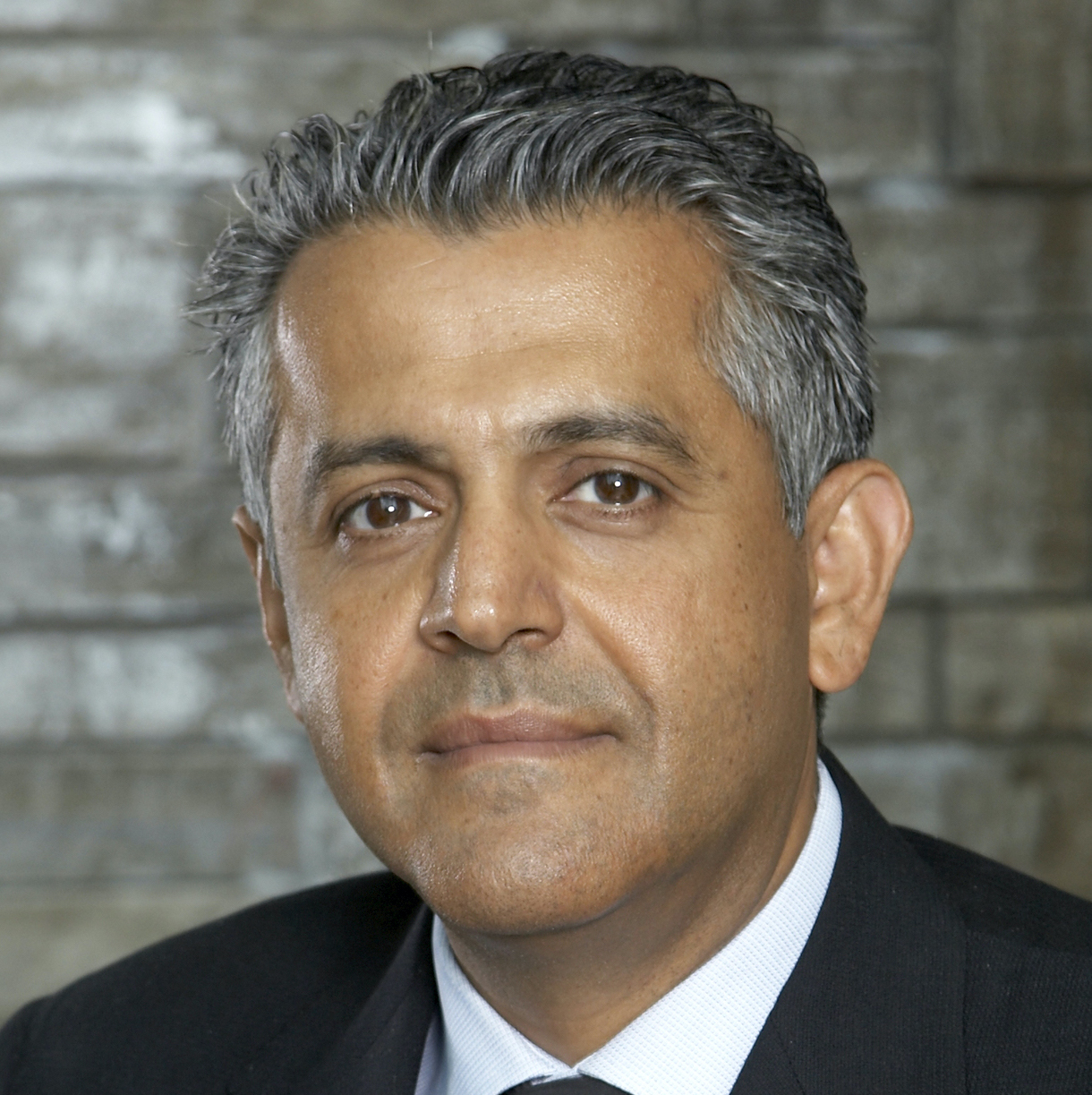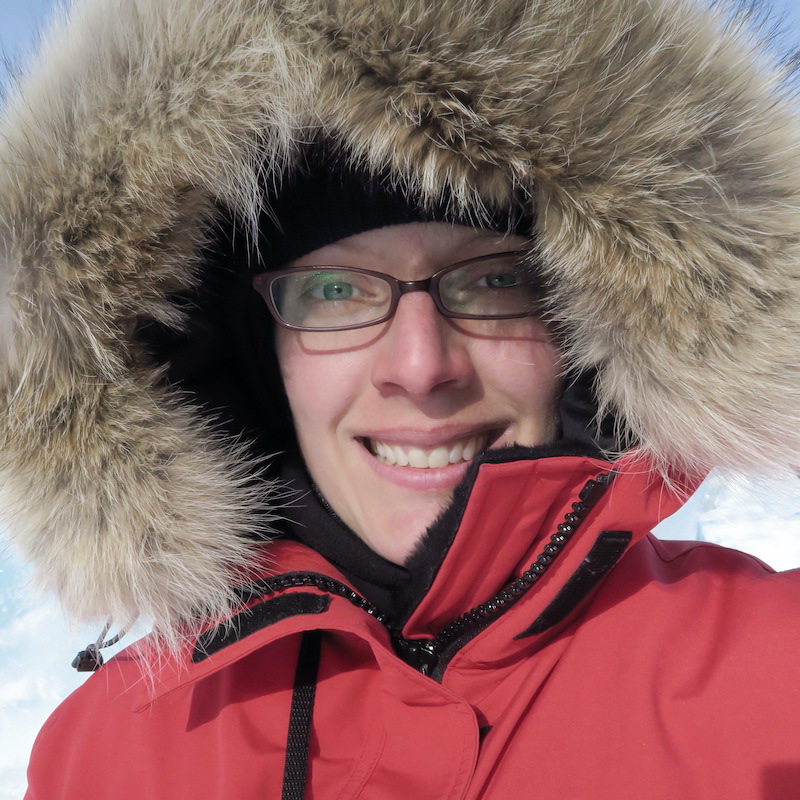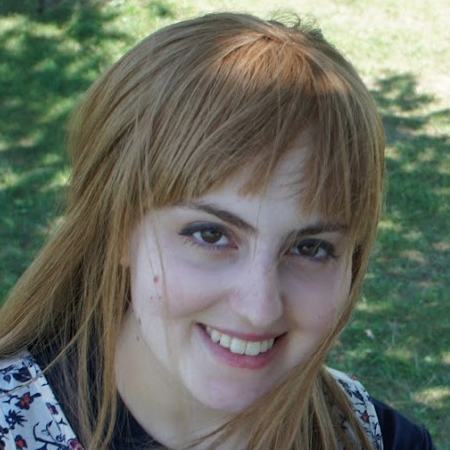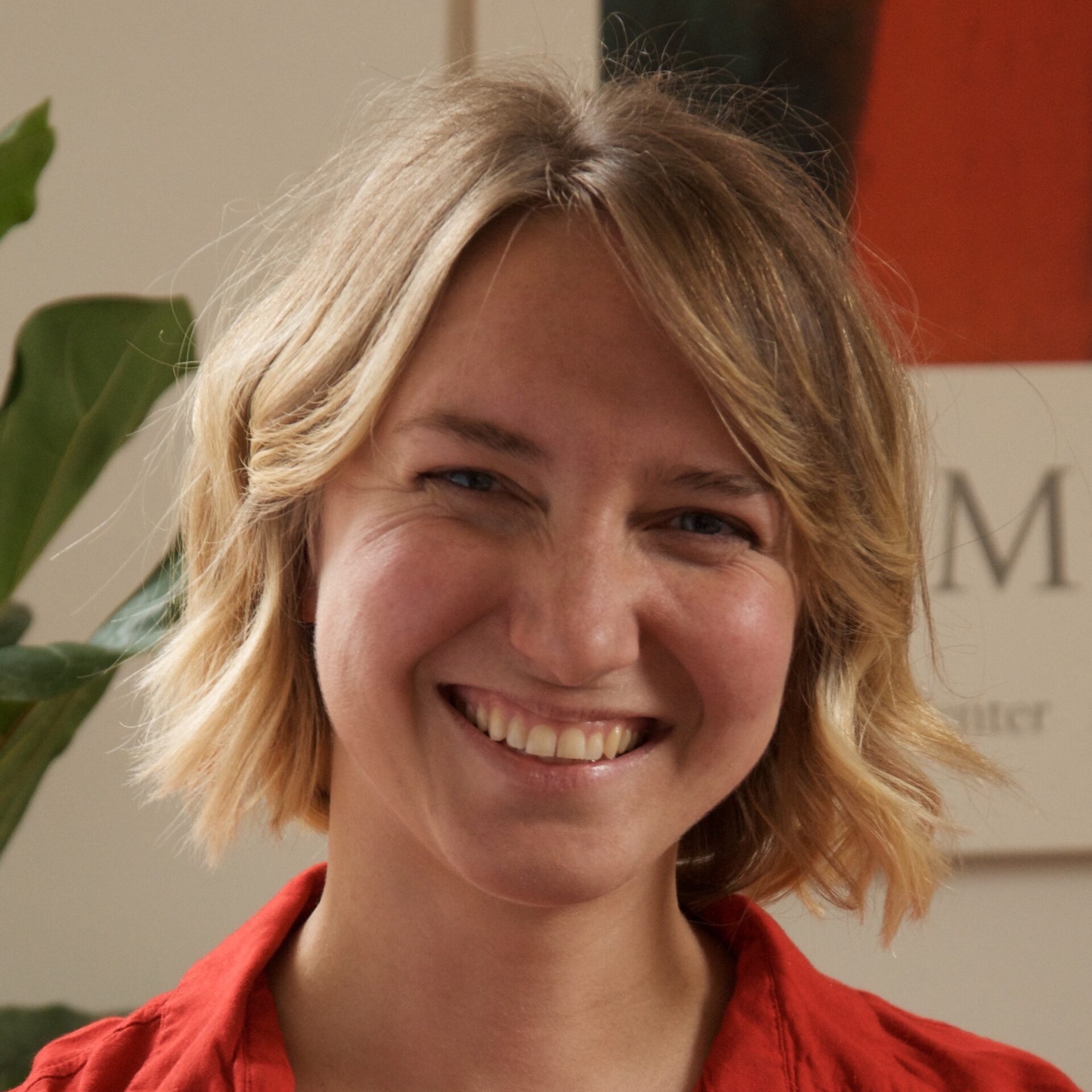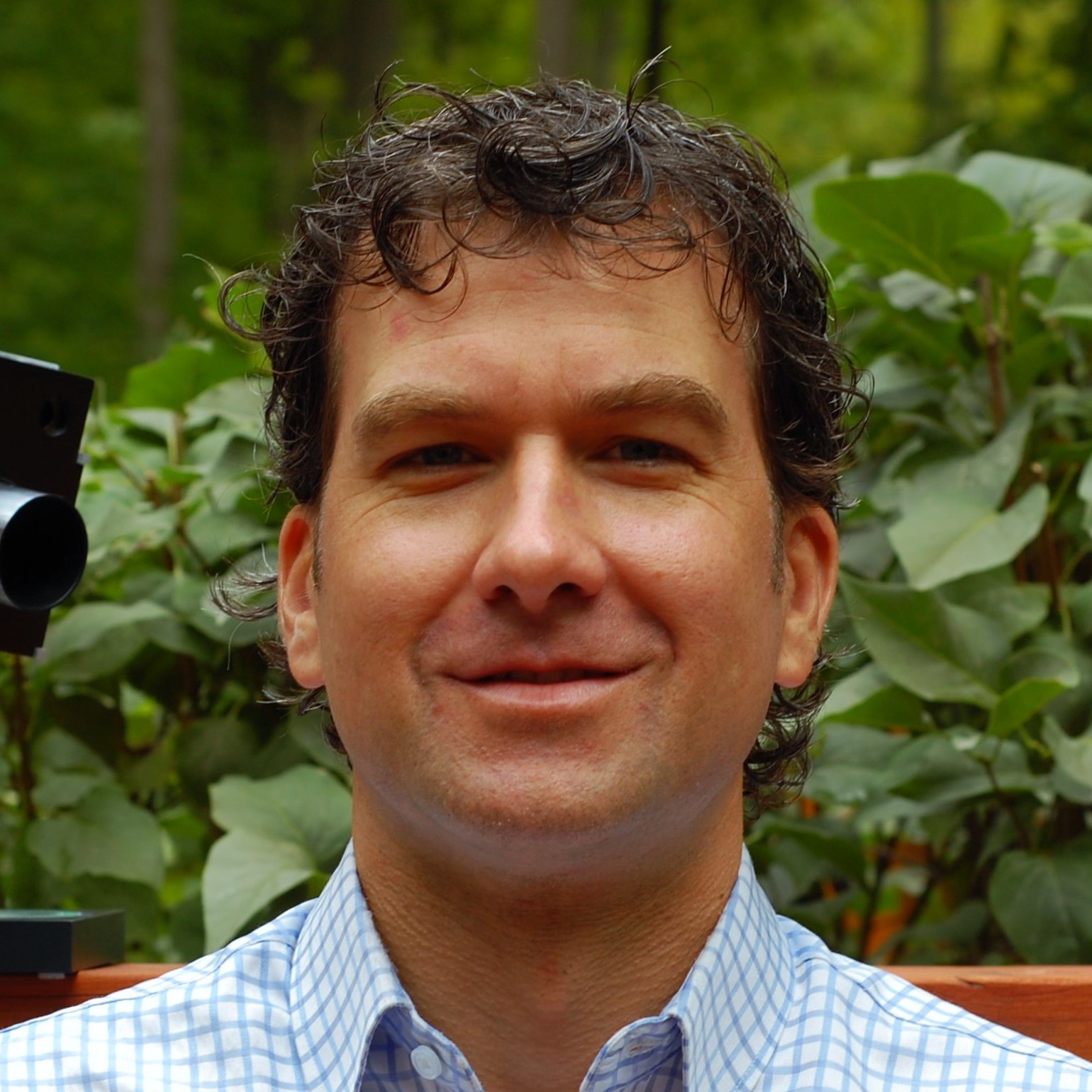French version follows // la version française suit.
Canadian University Students Set to Fly Their Experiments in Microgravity This Week
Six university teams are set to compete next week with their out-of-this-world experiments, as part of the Canadian Reduced Gravity Experiment (CAN-RGX) Design Challenge. CAN-RGX encourages post-secondary students from across Canada to fully design, build, and test a small experiment to be flown in the microgravity environment of parabolic flight, similar to the experiments done at the International Space Station. This year’s competition culminates in a long-awaited flight campaign to be held at the National Research Council of Canada’s Aerospace Flight Research Laboratory in Ottawa from August 11-20th.
Over the past 1-2 years, five student teams have worked especially hard to design, integrate, and test a scientific experiment throughout the pandemic. These are:
- TelOmG (University of Toronto) is investigating the effect of changes in gravity on the genetic regulation of telomeres, bits located at the tips of our chromosomes that are key determinants of cell longevity,
- UBC Rocket (University of British Columbia) will study the behaviour of microbial fuel cells (next-generation batteries with applications in space travel) in both micro- and hyper-gravity conditions,
- Phi-Six Society (Thompson Rivers University) will measure inter-particle forces that govern agglomeration in a Kundts’ tube,
- University of Alberta Space Design Group are investigating gene expression of bio-engineered cartilage tissue in microgravity which could contribute to improving the health outcomes of knee osteoarthritis patients, and,
- uO Rocketry (University of Ottawa) is investigating whether our last line of defence antibiotics will be as effective in microgravity as they are in 1g.
CAN-RGX alumni from the University of Victoria will also attend, re-flying an upgraded version of an experiment they flew in 2019. More information on the teams and their experiments can be found on the SEDS-Canada Website.
CAN-RGX is hosted by the Students for the Exploration and Development of Space (SEDS-Canada) and is in collaboration with the Canadian Space Agency (CSA) and the National Research Council of Canada (NRC).
For a pdf version with additional contacts:
Learn more about CAN-RGX here

Décollage! Des étudiants universitaires canadiens lancent leurs expériences en microgravité cette semaine
La semaine prochaine, six équipes universitaires participeront au défi de conception de l’expérience canadienne en conditions de gravité réduite (CAN-RGX). CAN-RGX encourage les étudiants postsecondaires de tous les coins du Canada à concevoir, à construire et à tester une petite installation qui volera en microgravité lors d’un vol parabolique, comme les expériences réalisées à bord de la Station Spatiale Internationale. Le concours de cette année se termine par une campagne de vol qui se tiendra au laboratoire de recherche en vol du Centre de recherches en Aérospatial du Conseil National de Recherches du Canada à Ottawa du 11 au 20 août.
Au cours des deux dernières années, cinq équipes d’étudiants ont travaillé sans relâche pour concevoir, intégrer et tester une expérience scientifique tout au long de la pandémie. Ils s’agit de:
- TelOmG (Université de Toronto) étudie l’effet des changements de gravité sur la régulation génétique des télomères, des bouts situés à l’extrémité de nos chromosomes qui sont des déterminants clés de la longévité des cellules,
- UBC Rocket (Université de Colombie-Britannique) étudiera le comportement des piles à combustible microbiennes (batteries de nouvelle génération ayant des applications dans les voyages spatiaux) dans des conditions de microgravité et d’hypergravité,
- Phi-Six Society (Université Thompson Rivers) mesurera les forces interparticulaires qui régissent l’agglomération dans un tube de Kundts,
- Le Space Design Group de l’Université de l’Alberta étudie l’expression génétique du tissu cartilagineux bio-ingénié en microgravité, ce qui pourrait contribuer à améliorer la santé des patients souffrant d’arthrose du genou,
- uO Rocketry (Université d’Ottawa) étudie si nos antibiotiques de dernière ligne de défense seront aussi efficaces en microgravité qu’à 1g.
Les anciens de CAN-RGX de l’Université de Victoria seront également présents et feront revoler une version améliorée d’une expérience qu’ils ont fait voler en 2019. Vous trouverez plus de renseignements sur les équipes et leurs expériences sur le site Web de SEDS-Canada.
CAN-RGX est organisé par les Étudiants pour l’exploration et le développement de l’espace (SEDS-Canada), en collaboration avec l’Agence spatiale canadienne (ASC) et le Conseil national de recherches du Canada (CNRC).








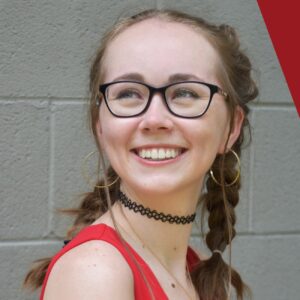
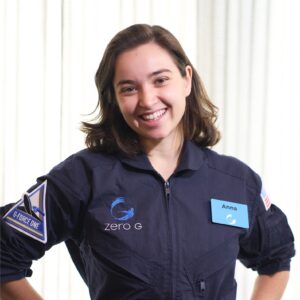


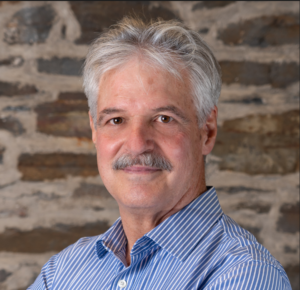


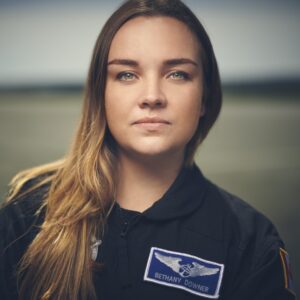
















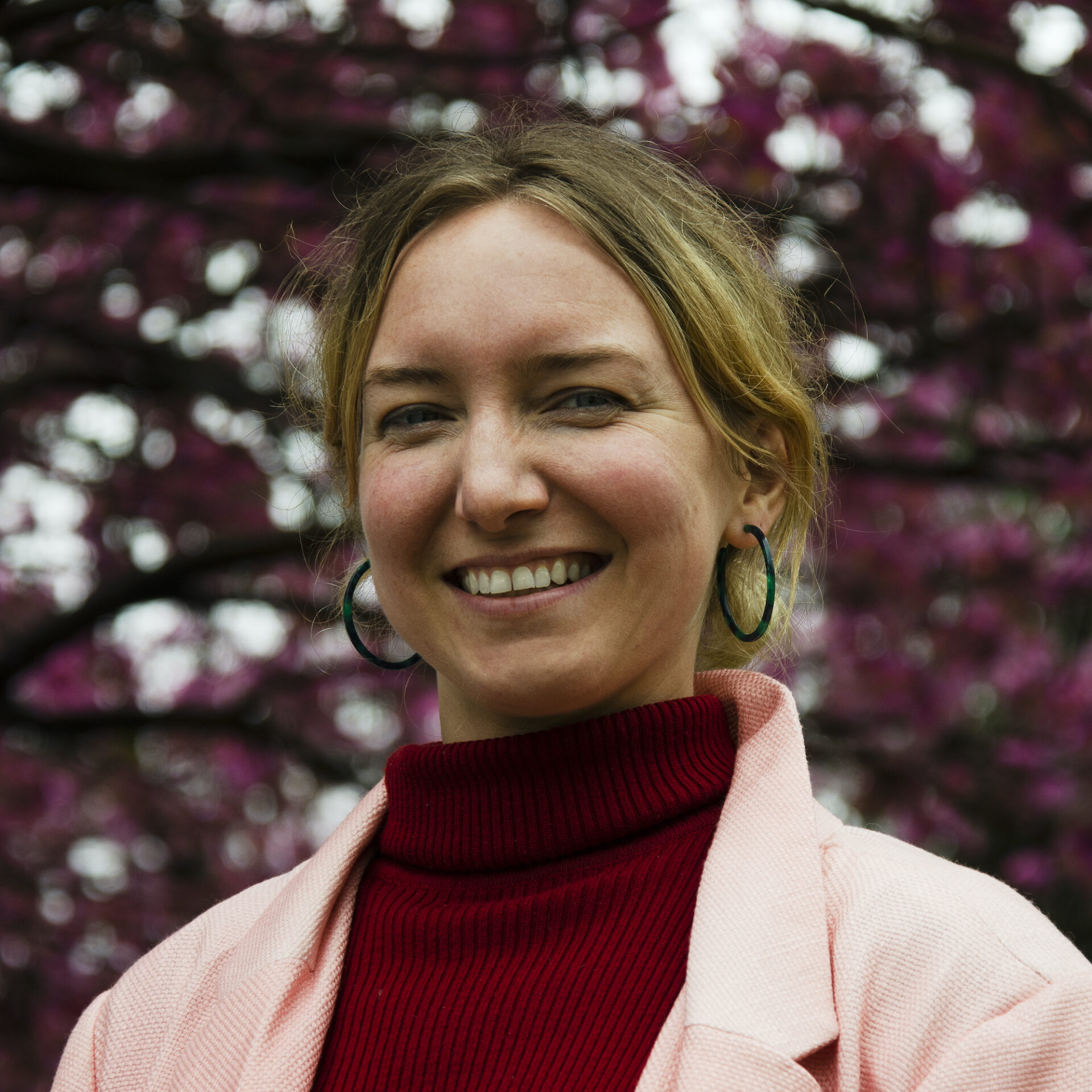

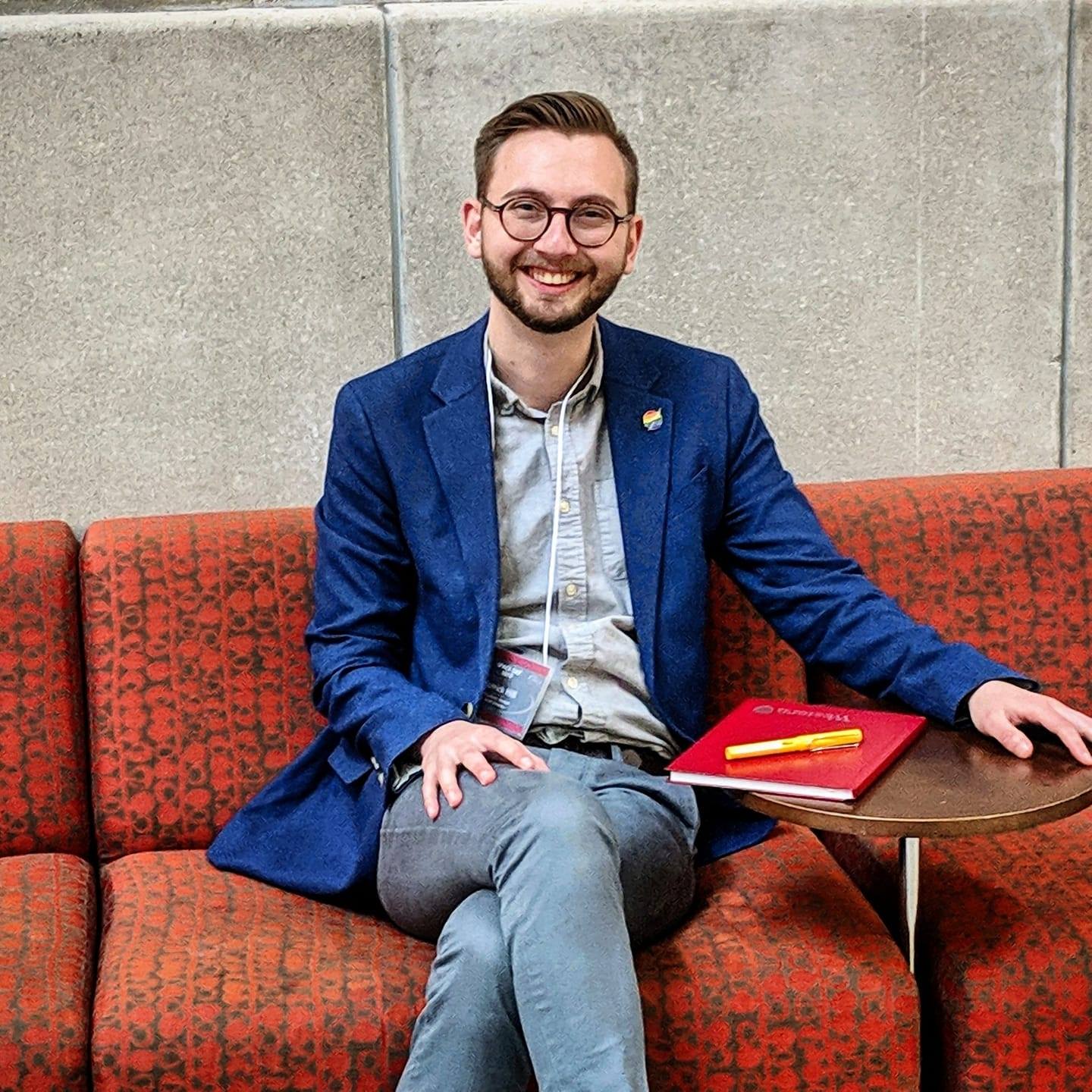


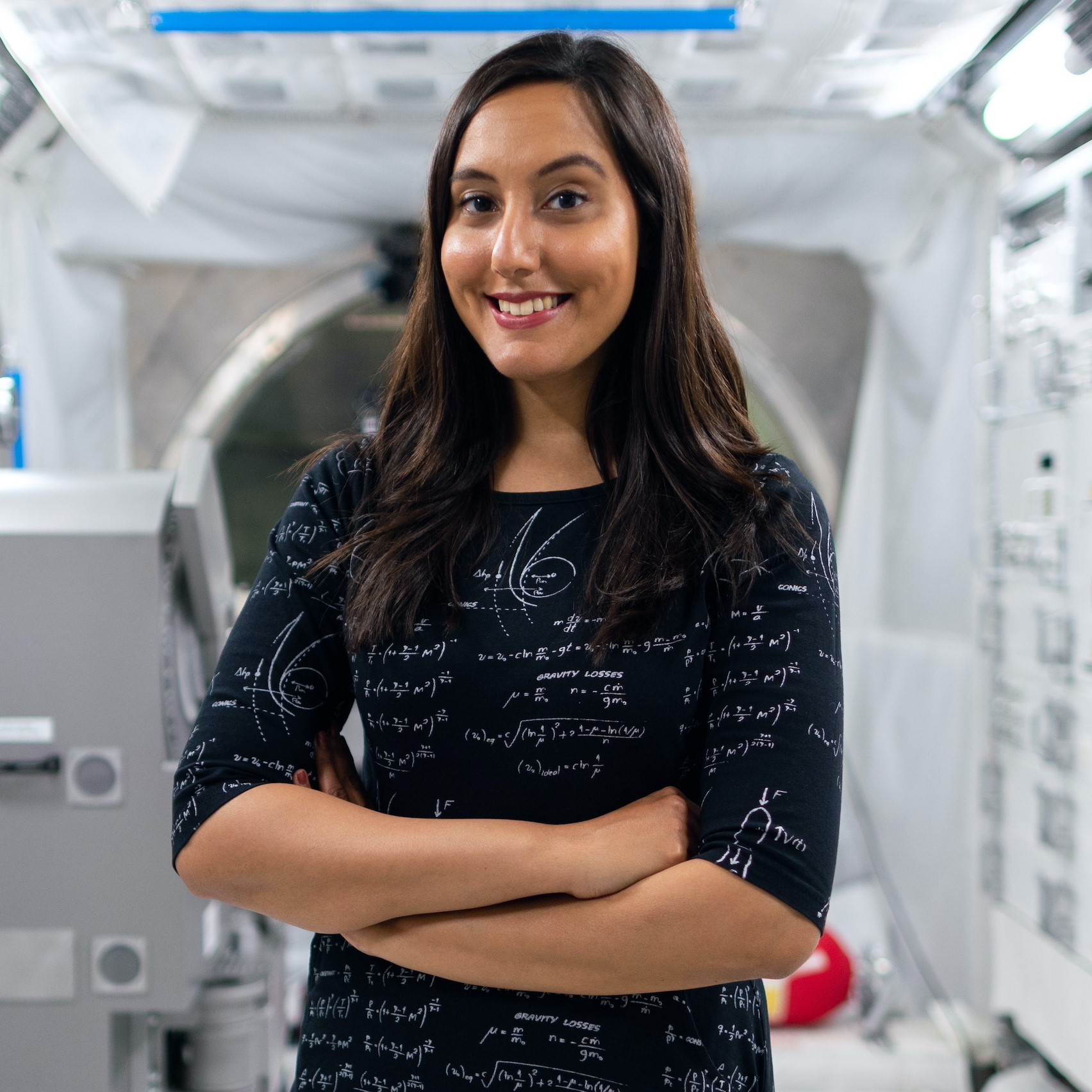
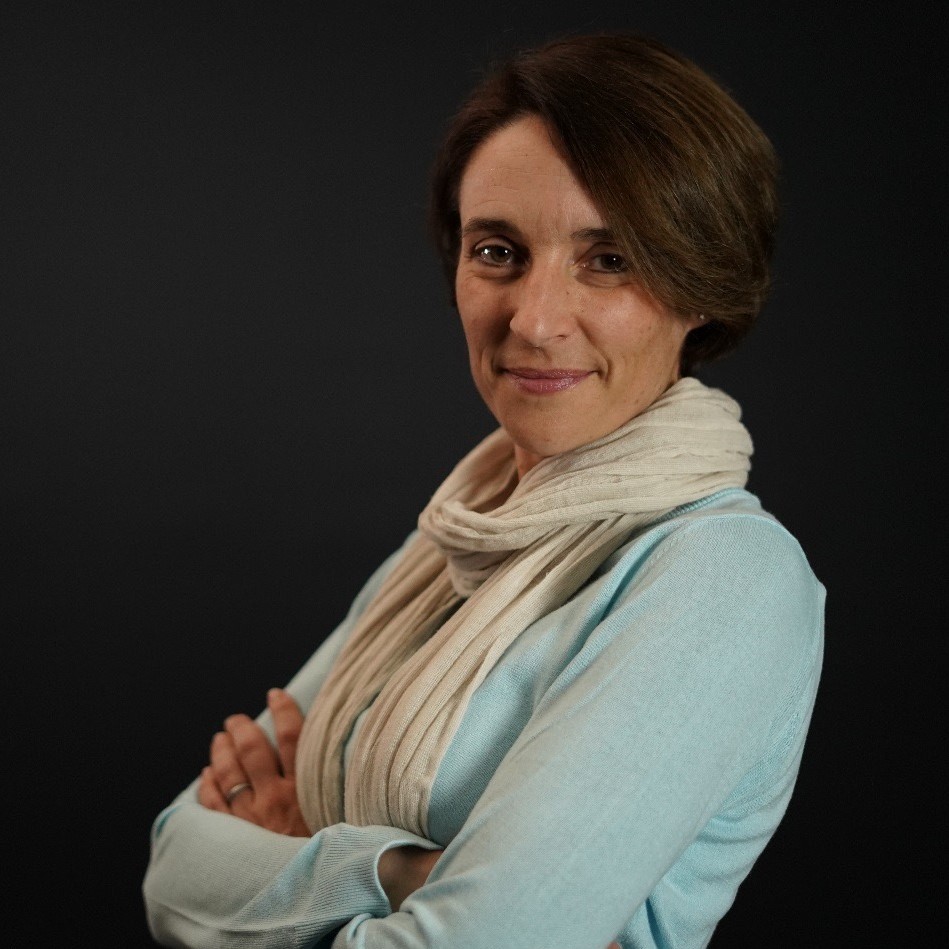

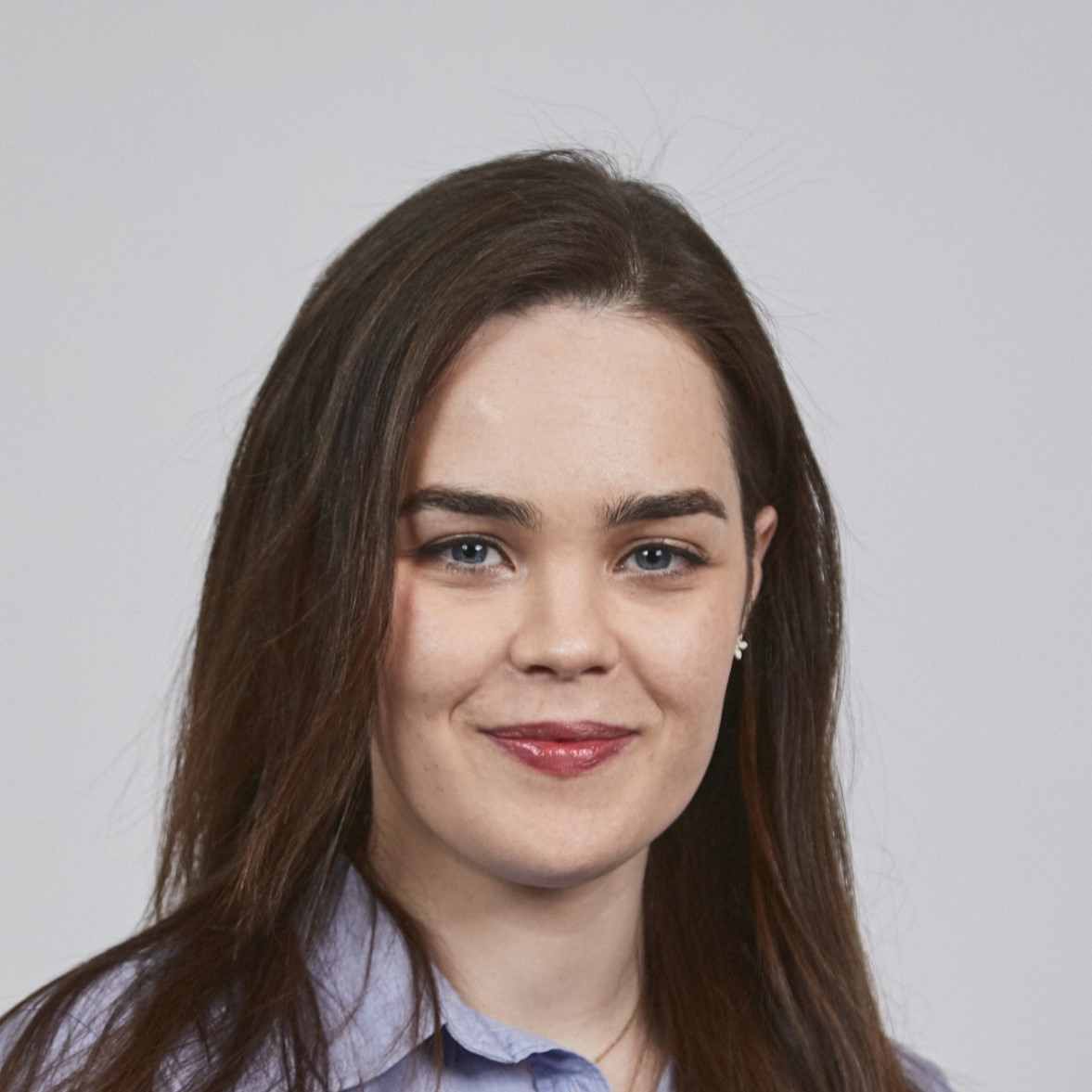





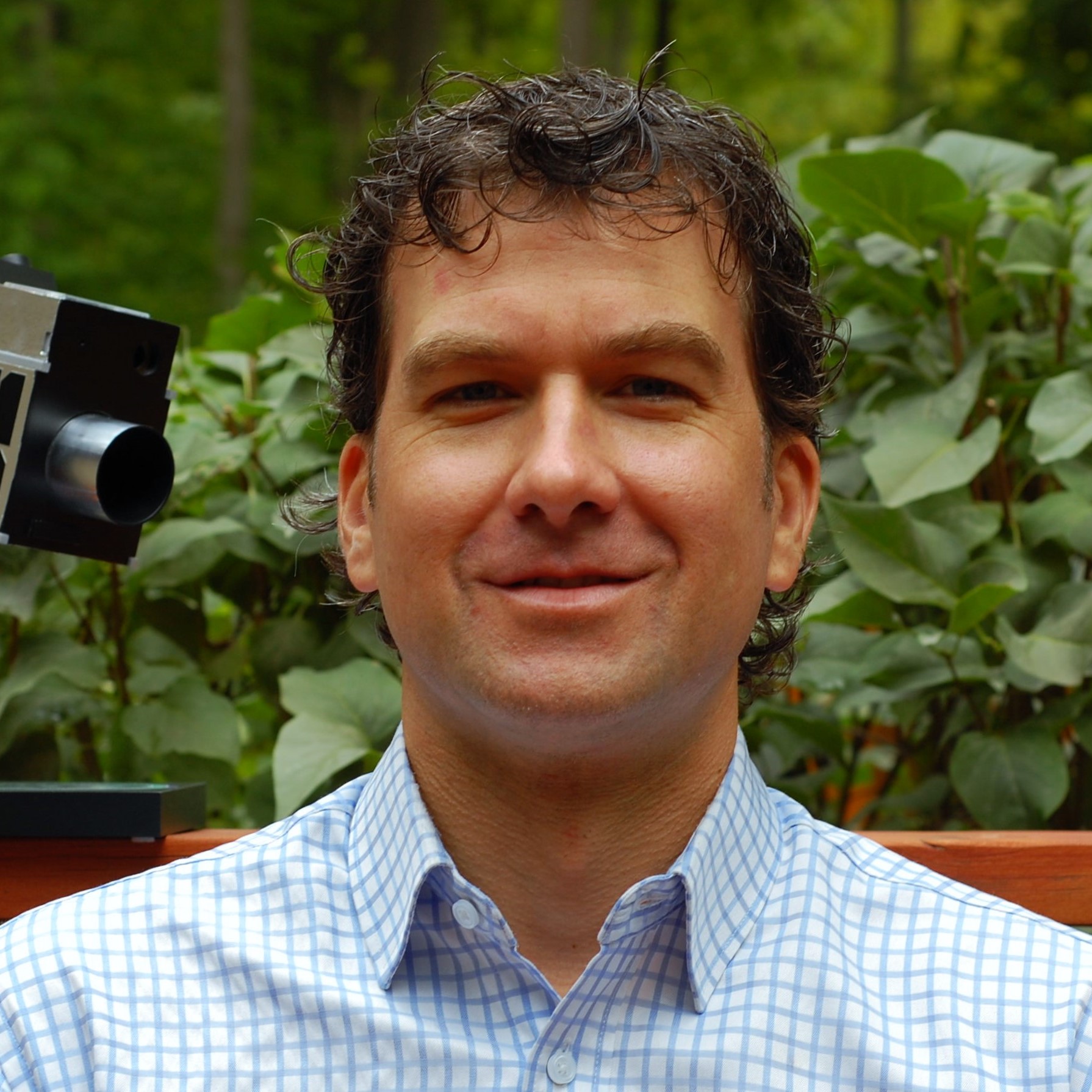






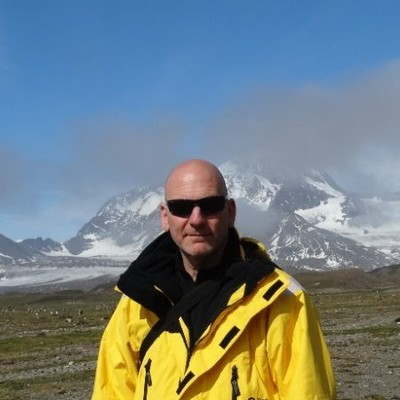







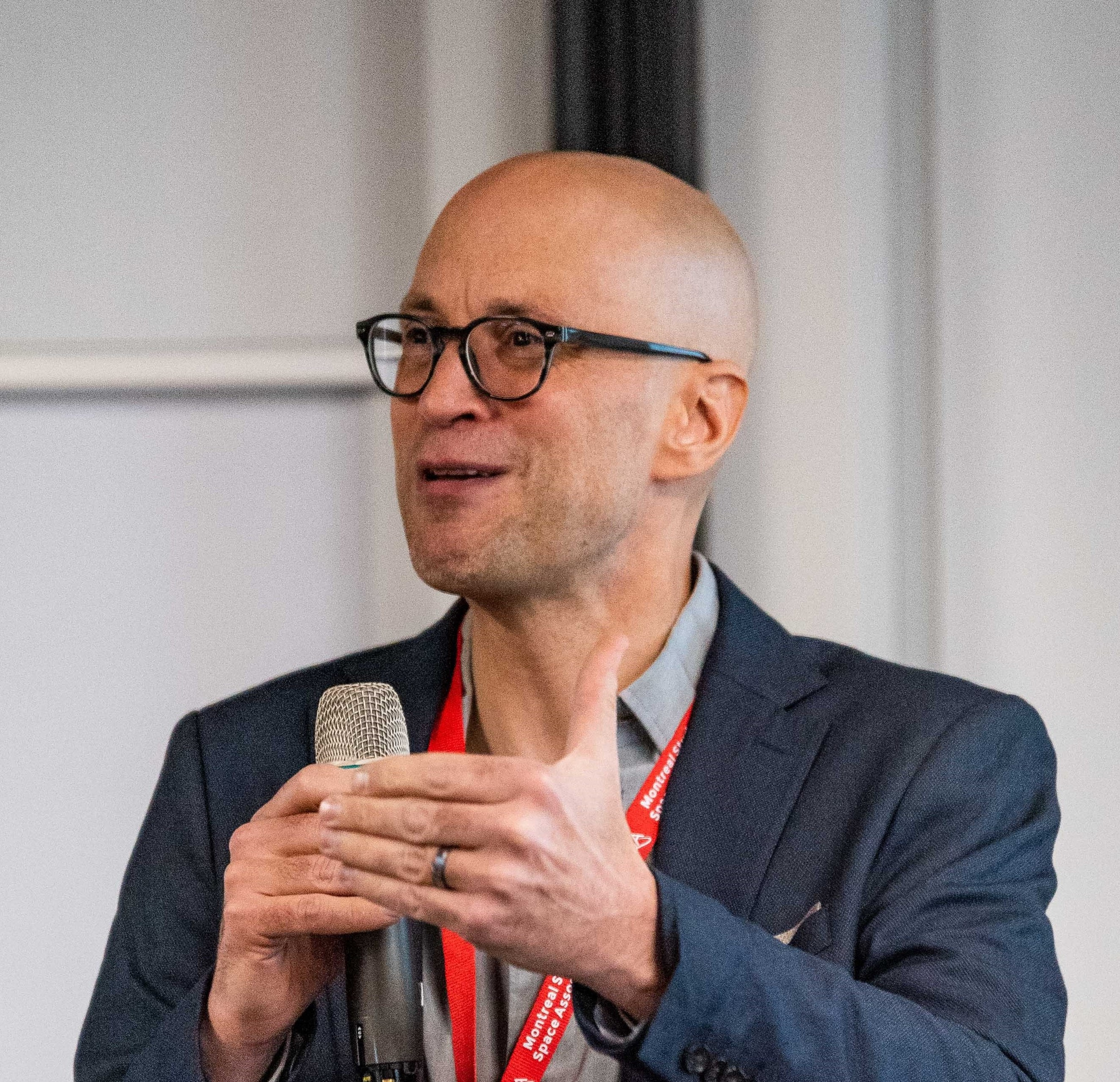 Associate Professor
Associate Professor



